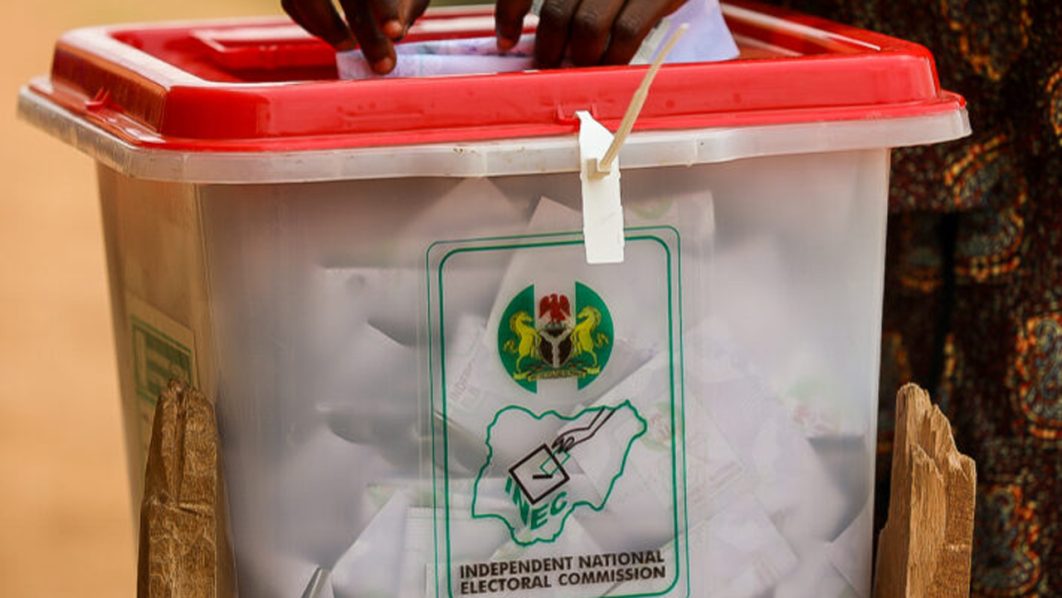
The stockbrokers, who spoke in a separate interview with The Guardian, said the market had long lost some gains made during the boom period of 2003 to the 2007-2008 global financial crisis, in addition to a new wave of losses it has recorded since 2015 when the current administration assumed office.
They pointed out that there is need for an immediate and concrete pronouncement on what direction the economy is going post-election to facilitate peaceful co-existence that would engender social harmony, integration, as well as economic prosperity.
According to them, a clearly and defined governance direction post election would stimulate investment and spur rapid economic development in the country, while any drag on policy direction would deepen the country’s economic woes.
Head Equity, Planet Capital, Paul Uzum said the economy had been a public sector-led mixed economy, which has impaired the performance of the stock market as liquidity has reduced significantly due to the evaporation of foreign portfolio investors.
“More so, the low level of GDP growth over the last eight years meant that many corporations were not performing well. A regime change has implications for the economy and capital market, driven by the likely economic policy direction of the incoming administration.
“The performance of the stock market is strongly correlated to the level of economic activities and the financial performance of the individual companies listed in the capital market.
“A regime change under this circumstance to a pro-capitalist, market-friendly, private sector-led mixed economy which we expect from the new regime will have positive implications for both the stock market and the debt market.”
Before the inauguration of President Muhammadu Buhari in the first term of his administration on May 29, 2015, the stock market had long lost some gains recorded during the boom period of 2003 to the global financial crisis of 2008.
The market enjoyed a decade-long boom and attained its highest growth in March 2008, with the All-share Index (ASI) of the Nigerian Exchange Limited (NGX) hitting 66,000 points with a value of daily transactions reaching over N12 billion.
After the inauguration of President Buhari in 2015, stock market investors heaved a sigh of relief. Hopes of increased market liquidity and investors’ confidence were rekindled.
Unfortunately, expectations that President Muhammadu Buhari’s administration would spur activities in the market and restore the exchange to a path of sustainable growth were dashed, because investors were unable to identify any value-addition to the country and by extension the capital market by his government. Since 2015, the nation’s capital market has contributed very little to the economic development of the country.
The initial enthusiasm that greeted Buhari’s victory in 2015 faded because investors were unable to identify any value addition to the country and by extension, the capital market, by his government.
There has been an astronomical fall in the share prices of listed firms across sectors on the Nigerian Exchange Limited (NGX) in the past eight years, owing to illiquidity and low investors’ confidence triggered by the current weak macroeconomic situation in the nation.
Under the banking sub-sector, the shares of Unity Bank Plc, which stood at N2.29 kobo as of May 2015, stood at 0.55 kobo as of January 30, 2023, shedding more than 70 percent in value. Similarly, Union Bank Plc shed 33.50 percent to close at N6.60 kobo within the same period.
In the consumer goods subsector, PZ Cussons Plc which stood at N29.18 kobo as at May 28, 2015, depreciated to N10.75 kobo while Honeywell declined from N3.72 kobo to N2.18 kobo.
Uzum urged the incoming administration to ensure that the capital market is projected as a tool for mobilising funds to finance all areas of the economy, in order to catalyse wealth creation and generate productive employment.
According to him, this would enable the market to witness a major resurgence under the incoming administration to compensate for its poor performance in the past eight years.
Vice President of Highcap Securities, David Adonri listed the macroeconomic challenges currently rocking the economy to include, a double-digit inflation rate of over 21 per cent which erodes the purchasing power of money; forex scarcity which has stifled domestic production and caused massive depreciation of the Naira.
Others are: energy crisis that is imposing huge cost on production and household activities; double-digit interest rate which is escalating cost of production; dwindling capital inflow that is adversely affecting investments; public sector debt crisis that carries a threat of sovereign default and excessive money supply which continues to fuel inflation.
He pointed out that these macroeconomic issues, in addition to social challenges like insecurity and population explosion are the red flags confronting the incoming regime, which must be dealt with for socioeconomic regeneration of Nigeria.



